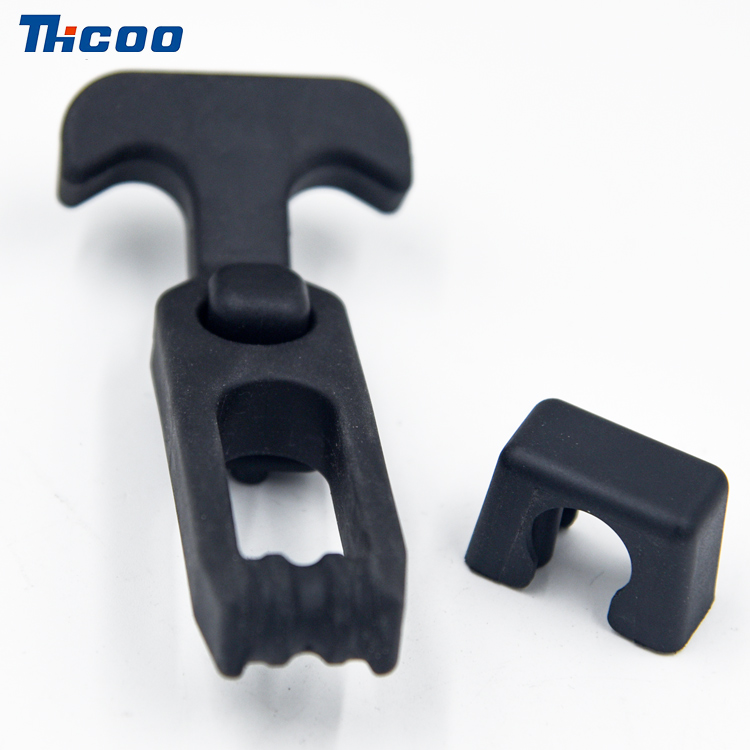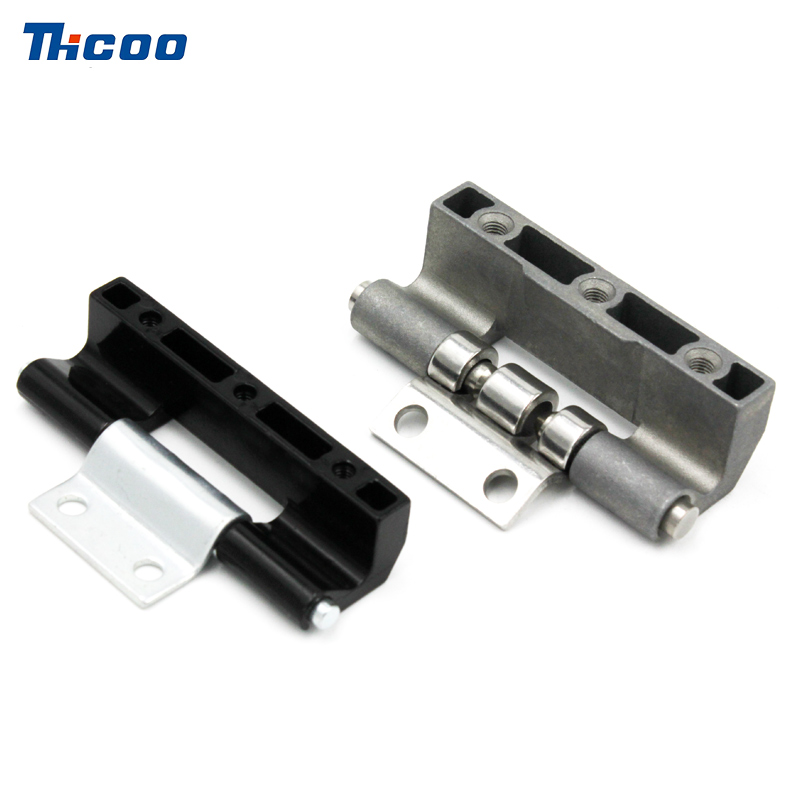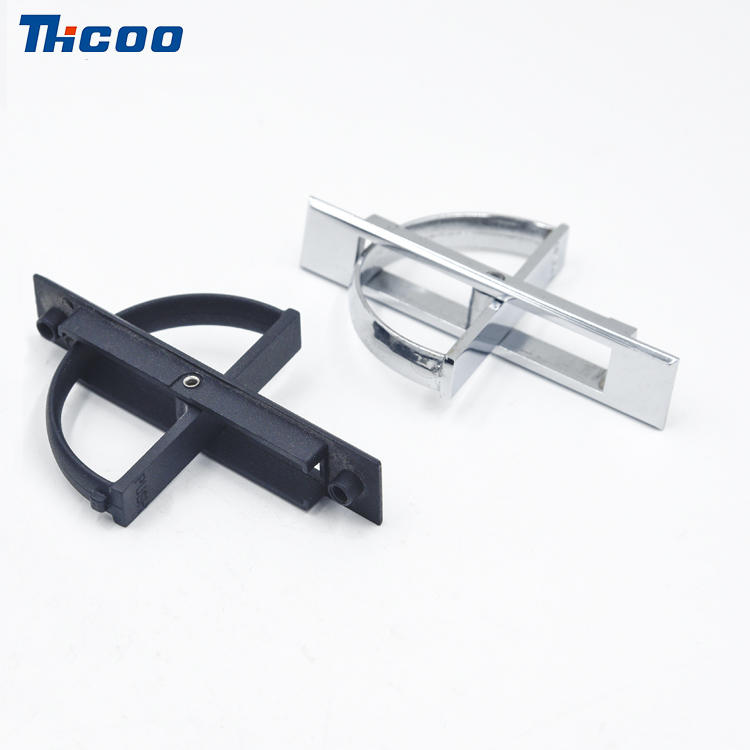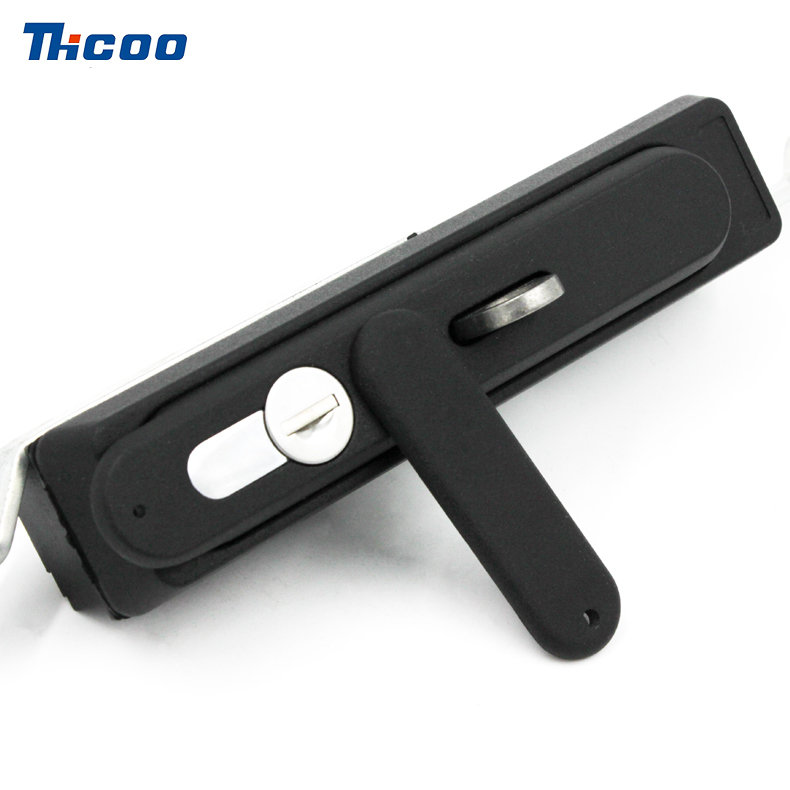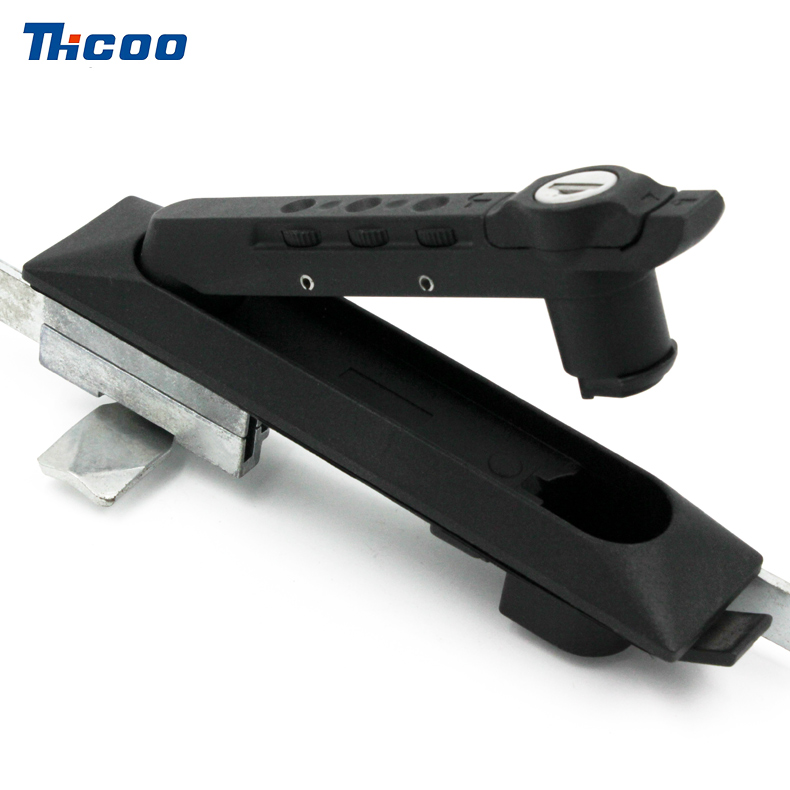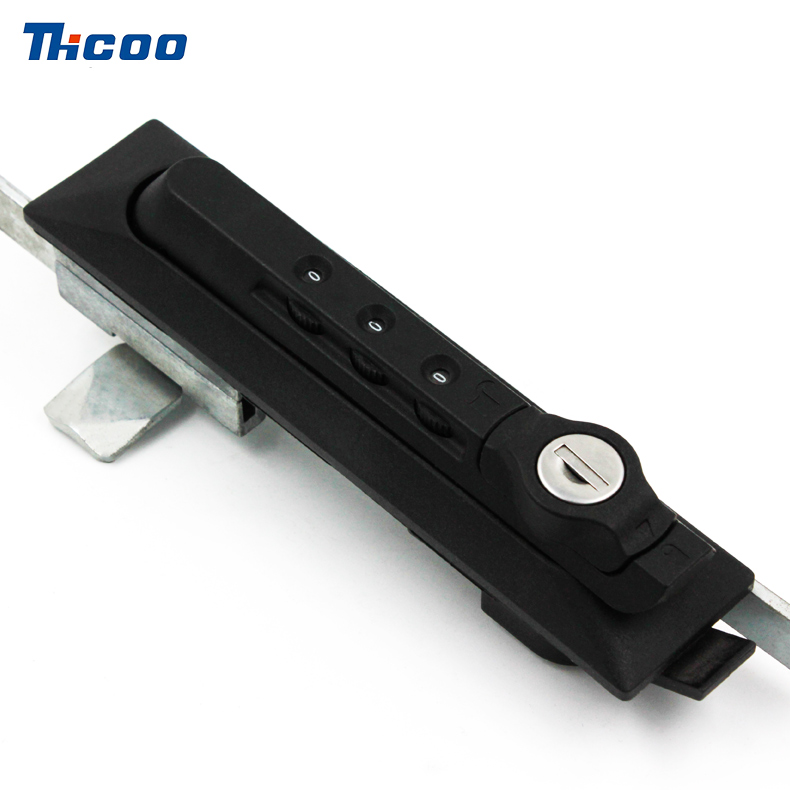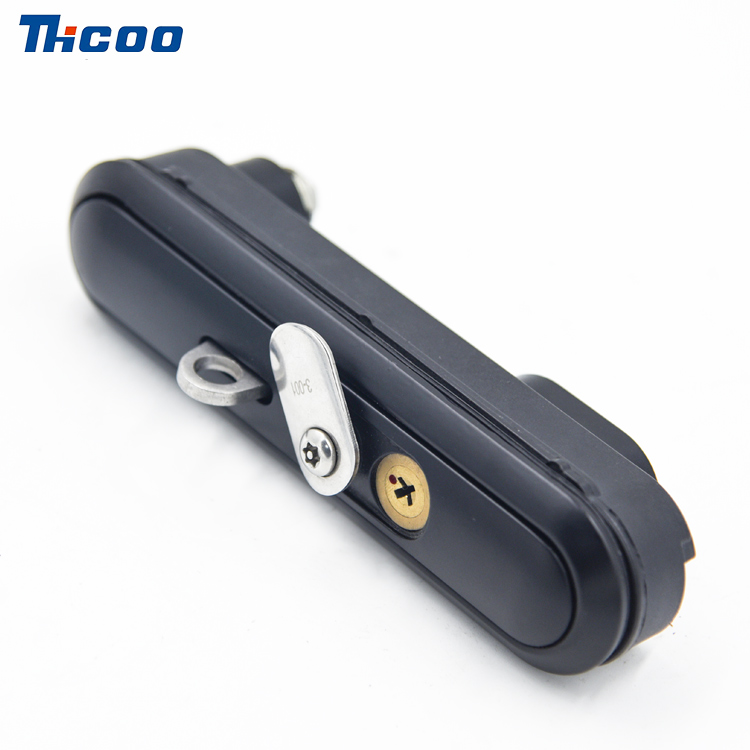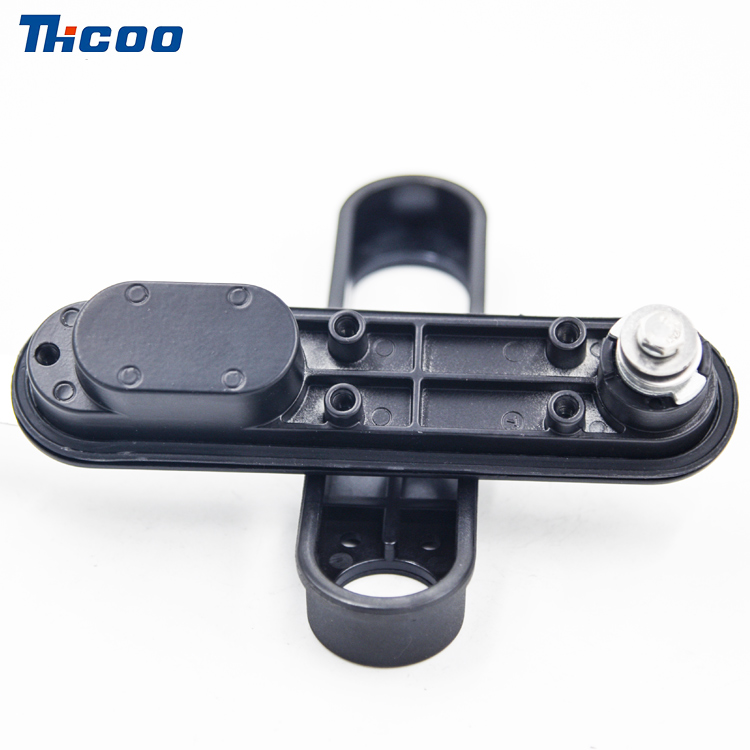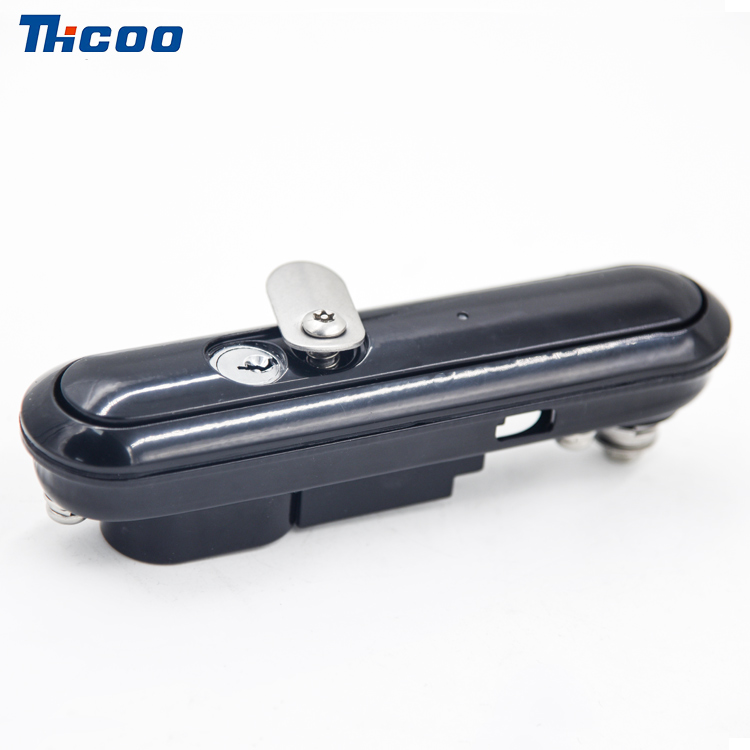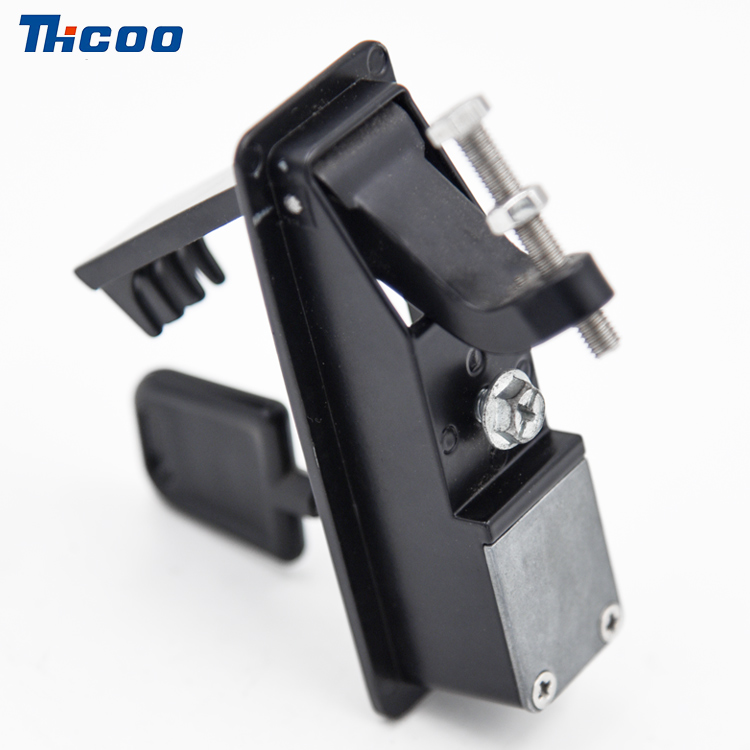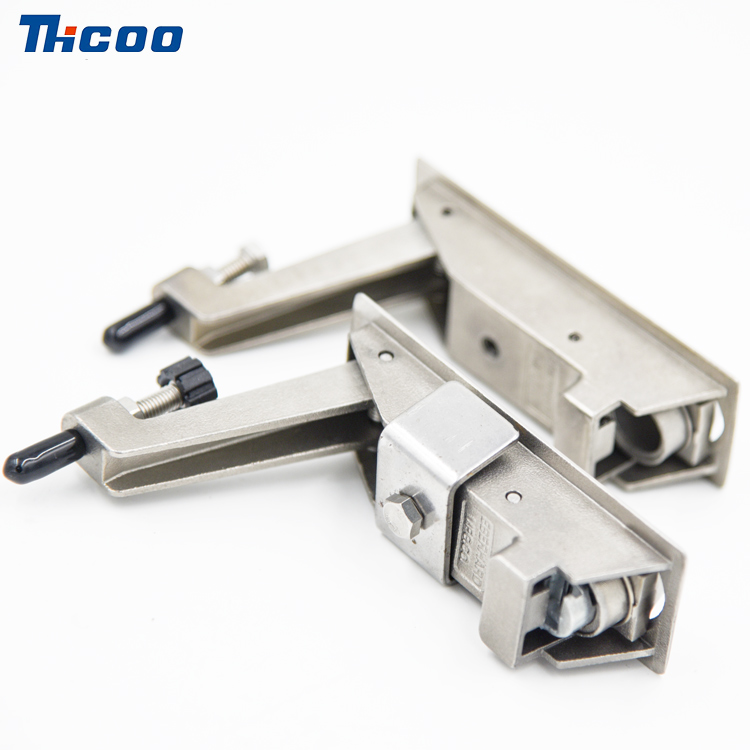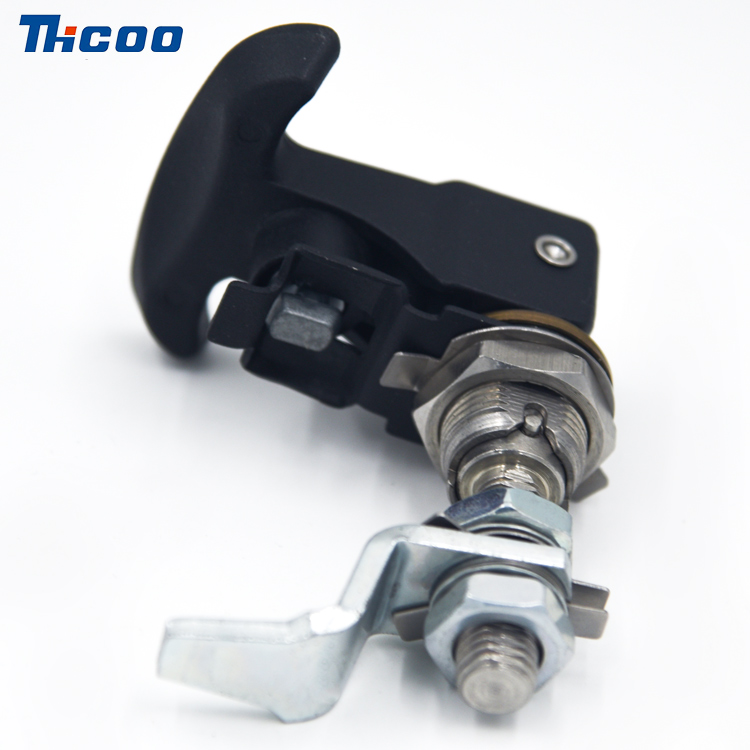Lubricating the door hinges can help reduce water accumulation to a certain extent, but it cannot completely eliminate it. Its role is mainly reflected in the following aspects:
Forming a physical barrier: The applied lubricant (especially grease) will form a layer of oil film between the metal surface of the hinge and the moving parts. This oil film acts as a physical barrier, making it more difficult for water droplets or moisture in the air to directly contact and stay on the metal surface.
Reduce water adhesion: Lubricants make metal surfaces smoother and have a certain degree of hydrophobicity (water repelling properties). This makes condensed or splashed water droplets less likely to "stick" to metal surfaces, but more likely to roll off or flow away.
Fill small gaps: There may be small gaps in the active parts of the hinge and the pivot pin. Lubricants can fill these gaps, reducing the space for water molecules to infiltrate and remain. If there is no lubricant, these gaps are more likely to become water accumulation points.
Slow down oxidation (indirect effect): The protective layer formed by lubrication can slow down the oxidation (rusting) process of metals. The rust formed by rusting itself is loose and porous, which will absorb and retain more water like a sponge, accelerating corrosion. Lubrication indirectly reduces the formation of this water absorbing matrix through rust prevention.
Maintaining hinge sealing: Keeping the hinge rotate smoothly helps maintain the fit between the door leaf and the door frame. Although the hinge itself is not the main sealing component, a smooth hinge helps the door leaf to close more tightly, indirectly reducing the chance of humid air or moisture entering through the door gap and contacting the hinge (especially for outdoor doors).
It should be noted that:
Cannot completely eliminate: In extremely humid environments, frequent soaking (such as water splashing), or situations where lubricants deteriorate and dry up, moisture may still break through the lubricating layer and accumulate. The condensation phenomenon under high humidity cannot be completely prevented by lubrication.
Lubricant selection: The effect depends on the type of lubricant. Lubricating grease with good waterproof properties (such as silicone grease, lithium based grease) usually forms a more durable and effective waterproof barrier than liquid oils such as engine oil.
Maintenance cycle: The lubrication effect will weaken over time and use (such as dust adhesion, lubricant loss, or oxidation), so regular re lubrication is needed to continuously exert the moisture-proof effect.
| Mechanism | Effect on Moisture Accumulation |
| Physical Barrier | Lubricant (especially grease) forms a coating on metal surfaces. This layer repels water droplets and hinders direct contact with the metal. |
| Reduced Adhesion | Smoother, lubricated surfaces become more hydrophobic. Water beads up and rolls off easier instead of clinging or pooling. |
| Gap Filling | Lubricant penetrates tiny crevices and pivot points within the hinge assembly. This reduces space where water can seep in and become trapped. |
| Corrosion Prevention (Indirect) | The barrier inhibits rust formation. Rust is porous and absorbs/retains water; preventing it removes a major moisture trap. |
| Maintained Sealing (Indirect) | Smooth hinge operation ensures the door closes tightly. This limits humid air/water vapor ingress near hinges (especially external doors). |
| Limitations | Cannot Eliminate Moisture: Extreme humidity, direct soaking, degraded lubricant, or condensation can still cause moisture issues. Regular re-lubrication is necessary for sustained effectiveness. |

 English
English Deutsch
Deutsch 简体中文
简体中文 languages
languages 

